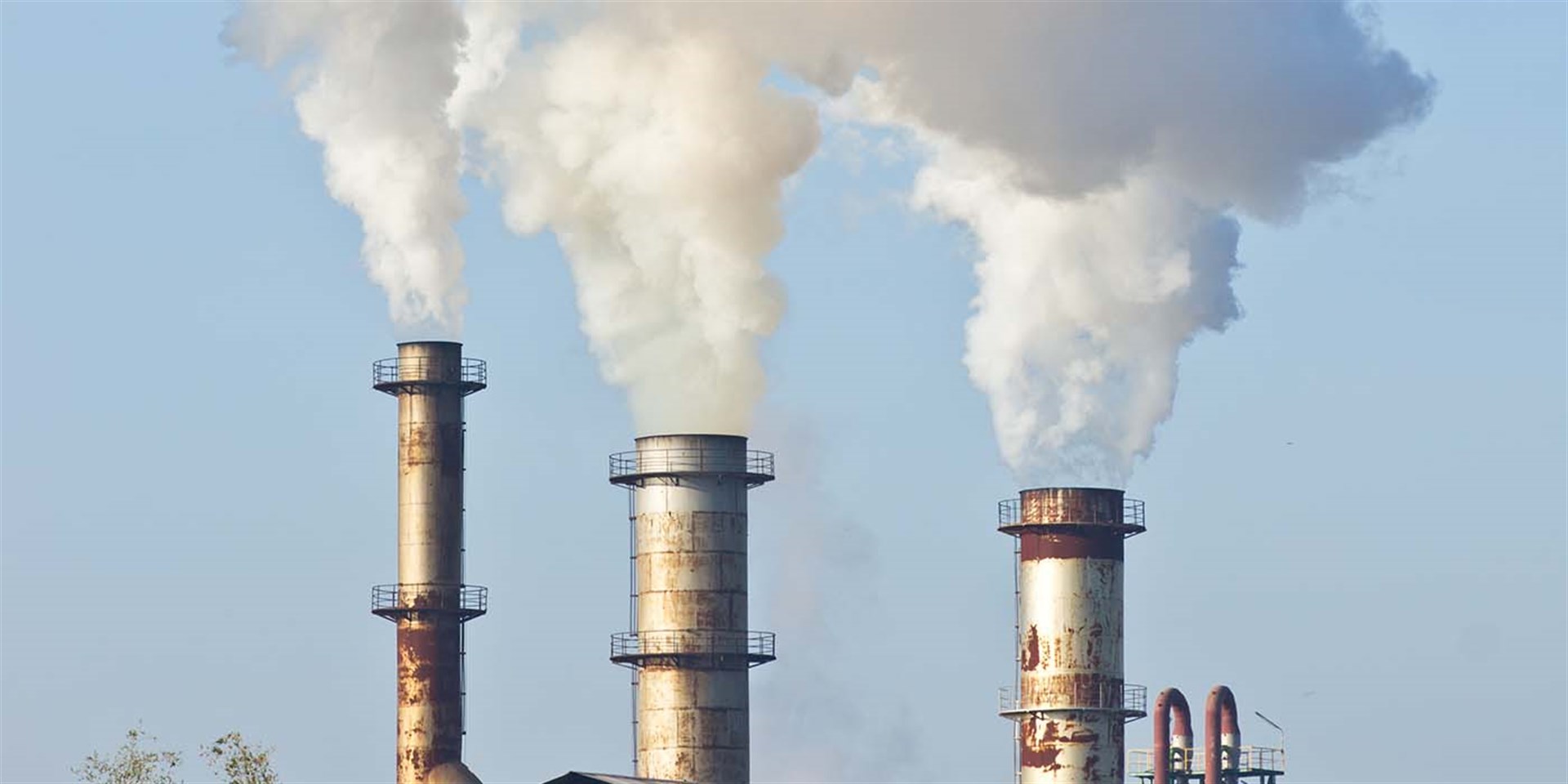Air pollution has been linked to increased infertility risk in men, while noise pollution has been found to increased infertility risk in women.
The peer-reviewed research, published in the BMJ, examined the effects of long-term exposure to road traffic noise and fine particulate matter (PM2.5), a specific type of air pollution, on male and female fertility.
The study utilized data from 526,056 men and 377,850 women, aged 30 to 45, who had fewer than two children, were married or cohabiting, and had lived in Denmark between 2000 and 2017.
This group was chosen to ensure a high percentage of participants were actively trying to conceive.
Sterilized individuals and those who had undergone surgery to prevent pregnancy were excluded from the study.
The research tracked PM2.5 levels at participants’ addresses from 1995 to 2017, while infertility diagnoses were recorded through the national patient register.
During the 18-year span, 16,172 men and 22,672 women were diagnosed with infertility.
After adjusting for various factors like income, education, and occupation, the study found that men exposed to PM2.5 levels 2.9 micrograms per cubic meter higher than average over five years had a 24% greater risk of infertility. This association was observed in men aged 30 to 45.

In contrast, PM2.5 exposure was not linked to infertility in women. However, women over the age of 35 exposed to road traffic noise levels 10.2 decibels above average over five years were 14% more likely to experience infertility.
This connection was not seen in women aged 30 to 35. Similarly, road traffic noise was also linked to a small increase in infertility risk in men aged 37 to 45, though no such risk was identified for men between 30 and 37.
Infertility affects one in seven couples in the UK who are trying to conceive.
The researchers noted that earlier studies had indicated a negative relationship between particulate air pollution and sperm quality, but results had been inconsistent.
The study concluded: “Based on a nationwide cohort designed to include a high proportion of people actively trying to achieve pregnancy, we found that PM2.5 was associated with a higher risk of infertility diagnosis among men, and road traffic noise was associated with a higher infertility risk among women over 35, and potentially men over 37.”
They added: “As many Western countries experience declining birth rates and rising maternal age at the birth of a first child, understanding environmental factors affecting fertility is critical.
If future studies confirm these findings, it suggests that implementing policies to mitigate air pollution and noise could be vital in improving birth rates in Western nations.”
